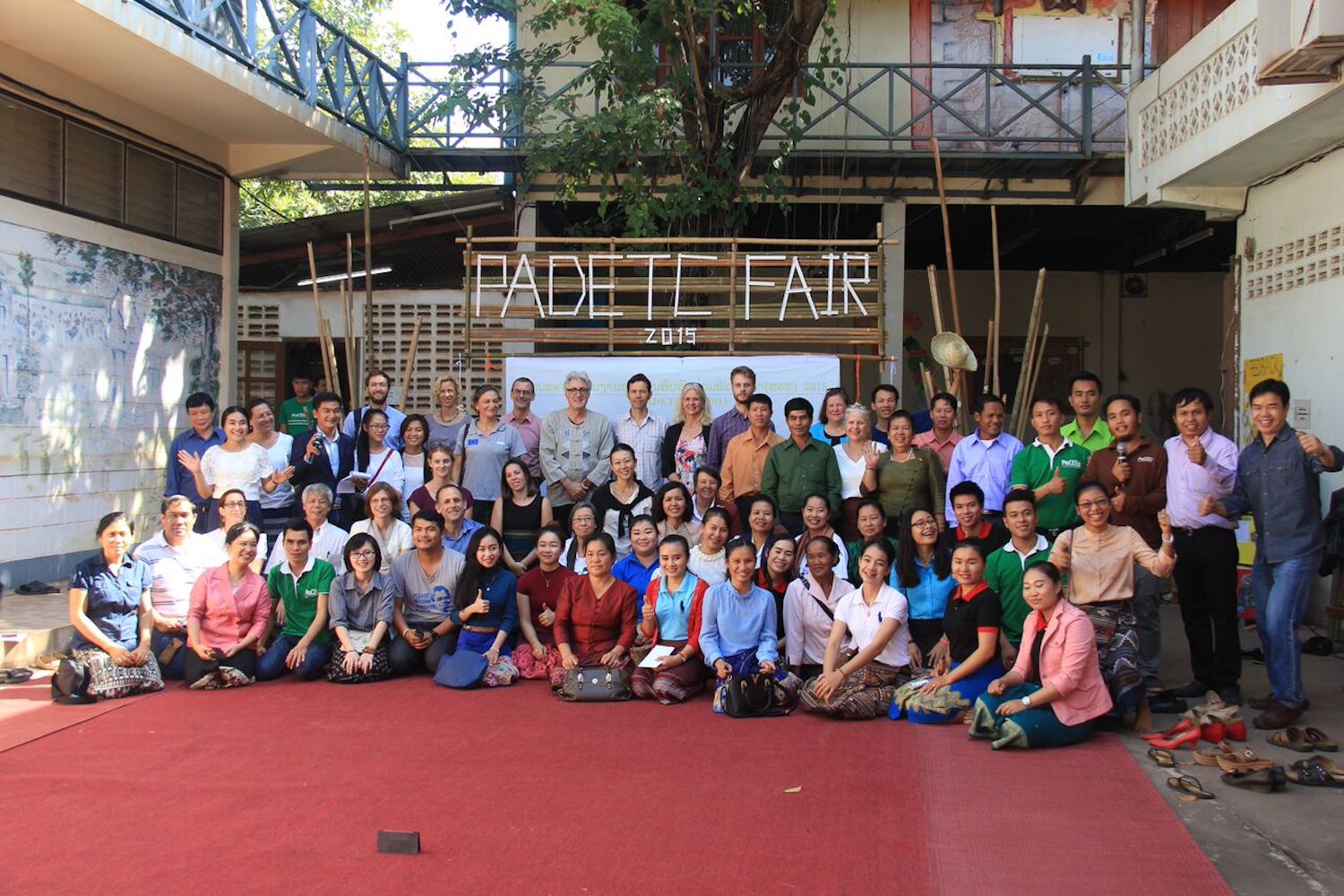Bangkok Post: 14 December 2017
The year-end period is supposed to be the time for celebrations with loved ones. But for Ng Shui Meng, wife of the missing rural community developer in Laos, Sombath Somphone, this time of year is traumatic.
On the evening of Dec 15, 2012, her husband disappeared mysteriously. He was last seen in CCTV footage. Grainy video footage showed Sombath’s Jeep being stopped at a police checkpoint that evening.
His disappearance received wide attention that goes beyond the landlocked country or even the region. There are reports that global personalities such as Desmond Tutu and US senator Hillary Clinton asked the Lao government to launch an investigation. Known for his non-violent nature, Sombath was a high-profile social worker and a recipient of the Ramon Magsaysay Award, the equivalent of Asia’s Nobel Prize.
Before his suspected abduction, Sombath had challenged land deals negotiated by the Lao government that would have resulted in the mass relocation of villagers. At first, the Lao police pledged to look into the case. Yet the investigation went nowhere and the authorities claimed they could not verify the identity of the man shown in the video and refused offers of outside expert to help analyse the footage.
For almost five years, Ms Ng, who is Singaporean, has asked the Lao government to investigate her husband’s case. Her plight was highlighted earlier this month at a press conference in Bangkok when she vowed to pursue the truth to the end. “I need to know whether he is dead or alive,” Ms Ng told the media. “It has been five years now since Sombath disappeared. I need answers, and I will keep asking until I get them,” she said.
Ms Ng’s trauma reflects a harsh reality in the Southeast Asian region where abductions or enforced disappearances are rampant. To begin with, police tend to handle cases of enforced disappearances as a plain missing persons case. But in societies with higher standards of human rights, such cases are categorised as “enforced disappearance”. The elements of “enforced disappearance” differ from individual kidnapping as they must involve the authorities as perpetrators, or at least they must acknowledge or condone such a crime.
The method is simple yet the effect chilling — kidnapping someone and letting the shroud of mystery create a climate of fear. Perpetrators are not bothered about the outcome as the enforced disappearance itself will produce no evidence, like bodies or remains, for a criminal investigation. Worse, the laws in some countries including Thailand are flawed in cases of forced abduction. Ironically, the law requires evidence — such as the body of a missing person — to pursue a criminal charge.
The UN Working Group on Enforced or Involuntary Disappearances has recorded 80 cases of enforced disappearance in Thailand since the 1980s. In fact, Angkhana Neelapaijit, whose husband and human rights lawyer Somchai disappeared over a decade ago, told me the number of victims in Thailand could be as high as 200, if those missing in the 1992 Black May uprising or the 2003 war against drugs under the Thaksin Shinawatra administration or violence in the restive South are fully accounted.
The problem is how to make these enforced disappearances end. Is there any way to make these perpetrators think twice? Indeed, there is a solution to the crime. Since 2002, the International Criminal Court has taken “forced disappearances” as a crime against humanity and not subject to the statute of limitations. On Dec 20, 2006, the United Nations adopted a key convention against enforced disappearances. A number of countries in Southeast Asia including Thailand also signed the convention and so are required to observe the mechanism.
Here, the Ministry of Justice has drafted a law on safeguards against enforced disappearance. The bill will allow family members to press criminal charges without having to retrieve the bodies of their loved ones or other physical evidence. The bill made it easily to the National Legislative Assembly (NLA), but the legislators later returned it to the Ministry of Justice, a move that suggests it might fail.
It’s a pity that our legislators have no will to push this law which would not only solve our own problems but, if implemented, would help us set an example for the region. But above all, I believe we need it for ourselves. Any of us who criticises or upsets the authorities could be at risk of such a fate. At best, it could be an enforced break at an “attitude-adjustment” camp.
